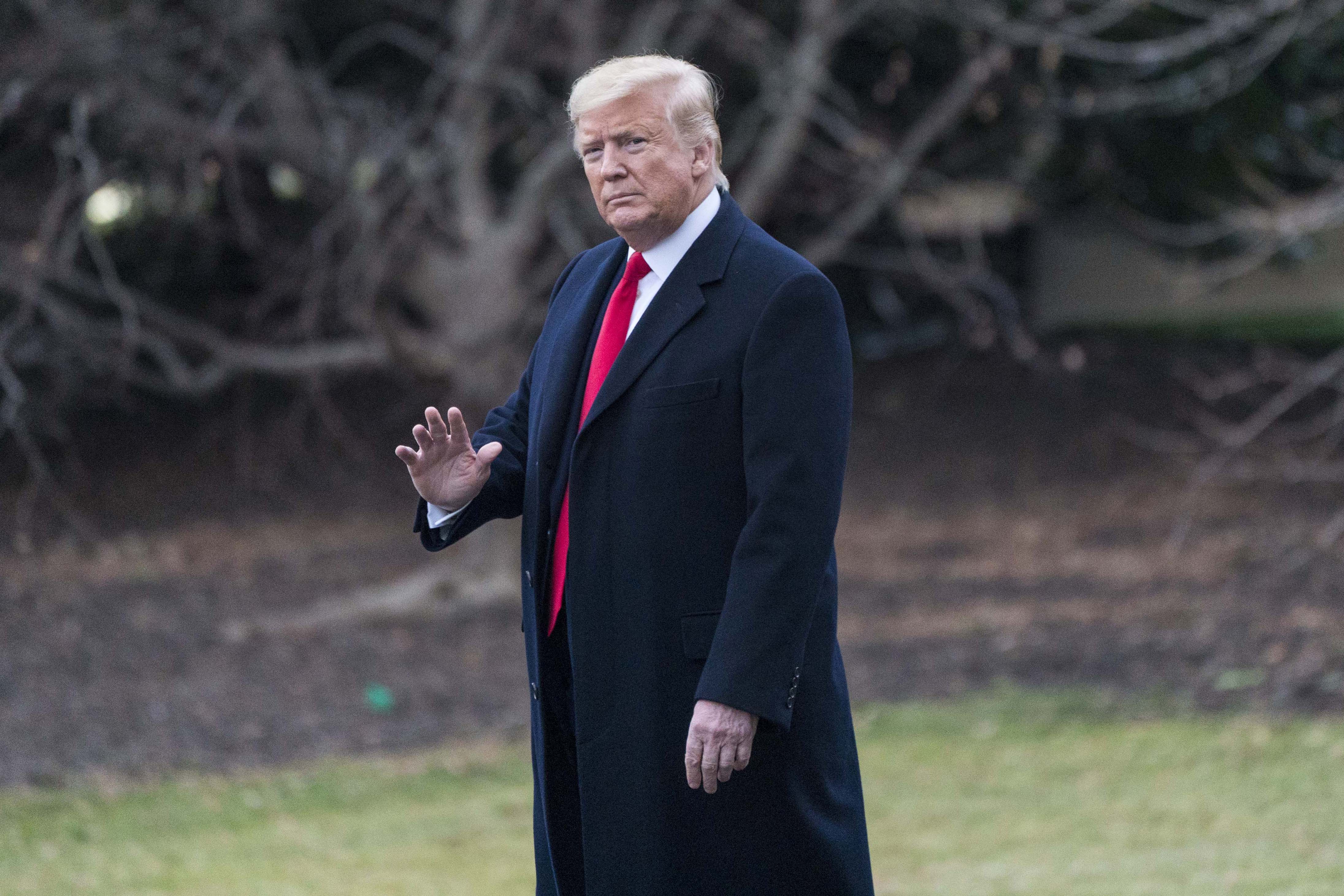
Medicaid advocates already have vowed to make the block grant an issue in this year’s election, particularly after President Donald Trump repeatedly pledged to protect Medicaid during his 2016 campaign. Democrats have also long warned the Trump administration that they would vigorously oppose any effort to cap Medicaid spending after Congress rejected the idea during the failed effort to replace Obamacare.
„The administration should not issue any guidance encouraging block grant waivers, should reject these waivers and the concept of block grants, and urge any state that is considering this misguided policy to commit its energy to implementing Medicaid as Congress intends,“ three dozen House Democrats warned the administration in a letter shared with POLITICO on Wednesday morning.
But the plan, which Medicaid chief Seema Verma developed for over a year, is seen as a significant step for conservatives who have sought to constrain the safety net program as it has grown to cover about 1 in 5 Americans. Verma has also has framed the plan to colleagues as a signature initiative of her tenure — a priority that took on more urgency after her feud with HHS Secretary Alex Azar spilled into public view last month, putting both of their jobs at risk.
Azar will be alongside Verma at Thursday’s announcement, said three people with knowledge of the event, in a display of support for her proposal. HHS and CMS declined to comment.
Aware of criticism that any cap on Medicaid funding would target vulnerable patients, Verma will stress during Thursday’s announcement that her plan, by focusing just on the Obamacare expansion, will not affect the poorest or disabled patients. Verma has long argued Medicaid expansion is siphoning away resources from the most vulnerable patients covered by the program. CMS will frame the block grant as a way for states to reinvest any savings into care improvements for Medicaid beneficiaries.
States will be required to report their performance in real time, such as whether Medicaid patients see declines in access to providers or health outcomes, which one official said would allow the administration to gauge whether the block grant was truly working to make adults healthier. One official said this could help CMS guard the program against promised legal challenges from advocates who say the administration doesn’t have the authority to cap Medicaid spending.
A previous overhaul authored by Verma — a sweeping effort to impose work requirements on Medicaid beneficiaries — has largely been stalled after a federal judge said the health department failed to consider whether the work rules would meet a statutory program goal of improving patient health.
However, officials are still bracing for the new block-grant plan to be tied up in litigation, perhaps for the remainder of the president’s current term. Some officials also have raised questions about the need to hold the announcement amid the Wuhan coronavirus virus outbreak and closely ahead of Trump’s State of the Union address next week.
Verma has argued that the program is necessary because it would deliver flexibility sought by GOP-led states, allowing them to rapidly overhaul their Medicaid programs through expedited versions of the program’s current 1115 waiver process. For instance, states could set new limits on benefits available to Medicaid beneficiaries, although would still need to meet minimum requirements set by the federal government.
The Trump administration also will allow participating states to limit the drugs offered by their Medicaid programs, a sticking point for states frustrated by requirements that the safety net program include an expansive list of medications. Patients with behavioral health needs or HIV would be protected under the Trump administration plan, said one official.
Verma’s new plan has been sought by Republican leaders like Oklahoma Gov. Kevin Stitt, who is attending Thursday’s rollout and is finalizing a plan to reshape his state’s Medicaid program. Stitt has criticized an ongoing effort to expand Medicaid through a ballot initiative, arguing instead that a block grant would be a better way to maximize the program’s benefits while controlling costs.
At Thursday’s event, “the Governor will share how [the] Trump administration’s announcement will help shape the finalization of his Oklahoma plan,” a spokesperson for Stitt wrote in an email.
Source: politico.com
See more here: news365.stream






